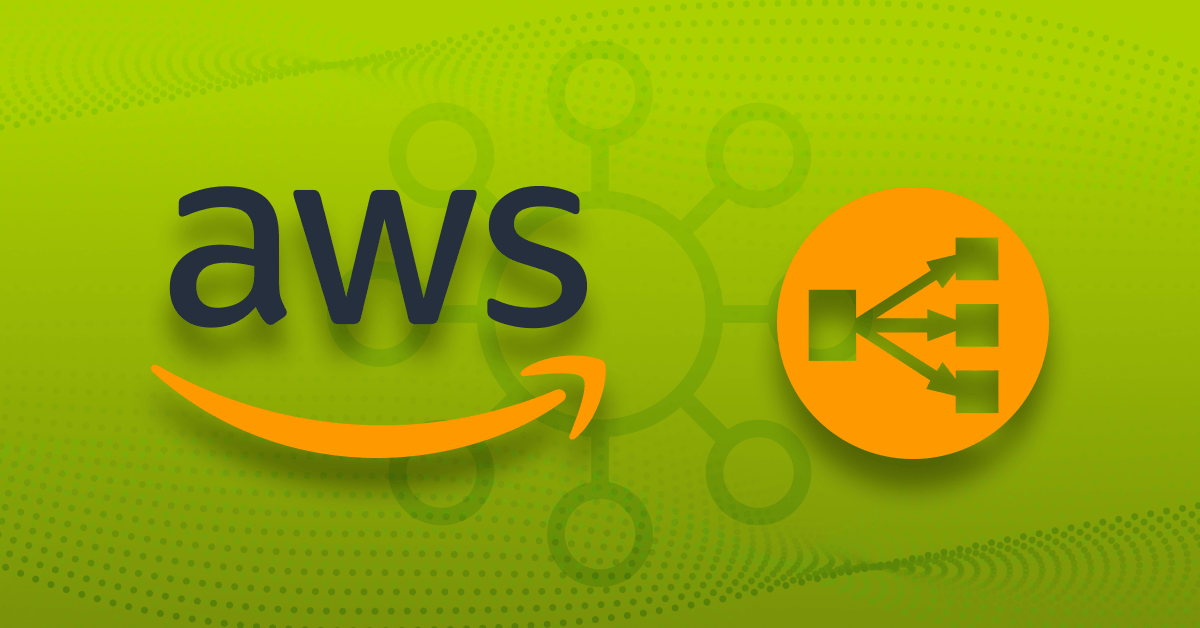Does Serverless save you cost or increase your spending?
What does The Prime Video "microservices to monolith" story tells us!
Somebody wrote:
“Even Amazon can’t make sense of serverless”
Pros / Cons explained below 👇
#Monolith #architecture #Serverless #PrimeVideo
What does The Prime Video "microservices to monolith" story tells us!
Somebody wrote:
“Even Amazon can’t make sense of serverless”
Pros / Cons explained below 👇
#Monolith #architecture #Serverless #PrimeVideo

The difference between serverless and microservices -
#Serverless and microservices are both modern approaches to software development and deployment, but they have some key differences.
#Serverless and microservices are both modern approaches to software development and deployment, but they have some key differences.

Microservices are a way of building and deploying applications as small, independently deployable services that communicate with each other. They can be deployed on traditional servers or in containers.
Serverless, on the other hand, is a way of building and deploying applications that do not require the developer to manage infrastructure. Code is deployed to a cloud provider and executed on-demand, with the cloud provider handling the underlying infrastructure.
One key difference between the two is that microservices require the developer to manage infrastructure, whereas serverless abstracts it away. Microservices also allow for more granular control over the application architecture.
A: #Serverless computing can potentially save costs, but it also has the potential to increase spending depending on how it's used.
B: One benefit of serverless is that you only pay for the exact amount of computing resources used during execution, which can lead to cost savings compared to traditional server-based architectures.
C: However, serverless can increase spending if your app requires high compute or memory resources or runs for long periods of time, making it more expensive than traditional server-based architectures.
D: Moreover, because serverless abstracts away underlying infrastructure, it requires more specialized knowledge to optimize and can be harder to manage costs effectively.
E: Ultimately, whether serverless saves cost or increases spending depends on your specific use case and how you use the technology.
F: So, it's crucial to carefully evaluate costs and benefits of serverless computing for your specific use case before making a decision.
Is it possible to come back from a serverless architecture later ?
Yes! it is possible to come back from a serverless architecture later. While it may require some re-architecting and re-coding, you can migrate to a traditional server-based architecture if needed.
Yes! it is possible to come back from a serverless architecture later. While it may require some re-architecting and re-coding, you can migrate to a traditional server-based architecture if needed.

It's important to consider the long-term costs and benefits of serverless before making the decision to use it. If you anticipate significant growth in compute or memory resources or long-running workloads, a traditional server-based architecture may be more cost-effective.
Ultimately, whether serverless increases your cost depends on your specific use case and how you use the technology. It's important to evaluate all options and make an informed decision.
Let me know your take on #serverless #microservices and the whole #PrimeVideo story.
Retweet the thread if you find it useful. Thanks!
Retweet the thread if you find it useful. Thanks!
https://twitter.com/devops_tech/status/1656971822884343808?s=20
• • •
Missing some Tweet in this thread? You can try to
force a refresh

 Read on Twitter
Read on Twitter













